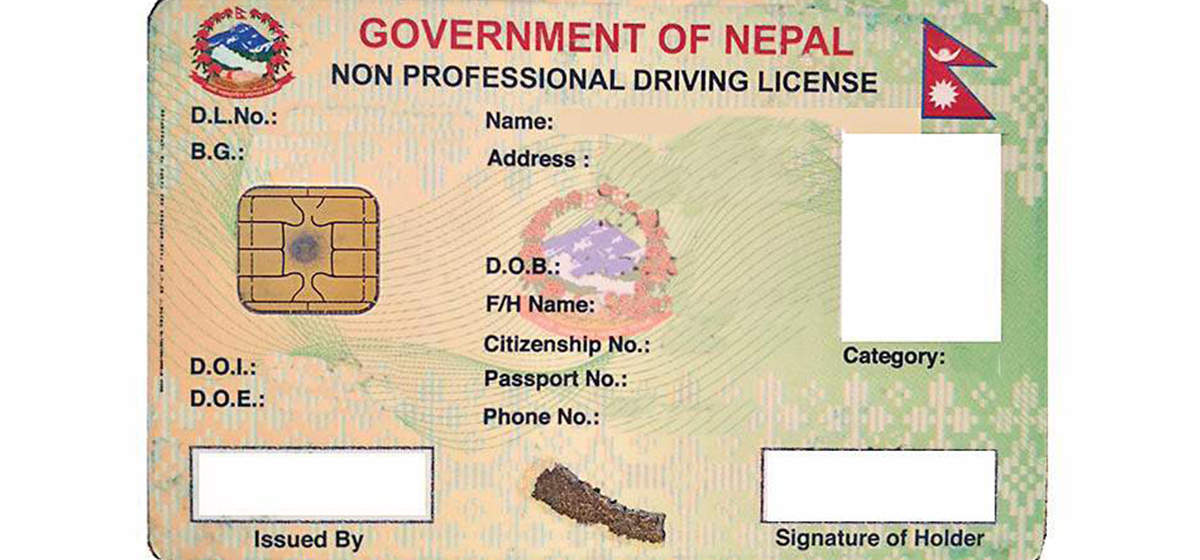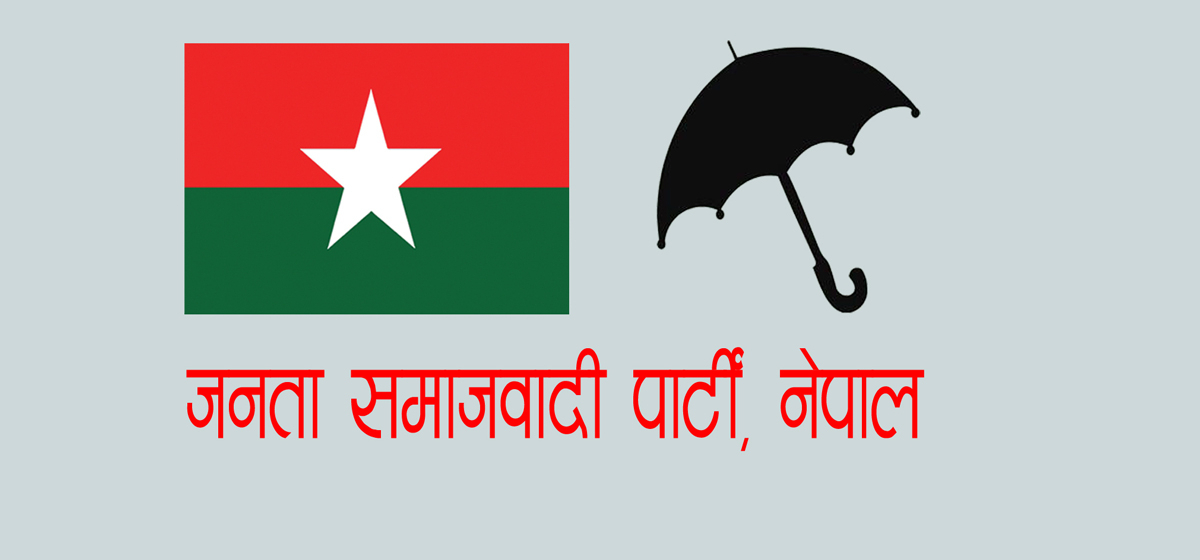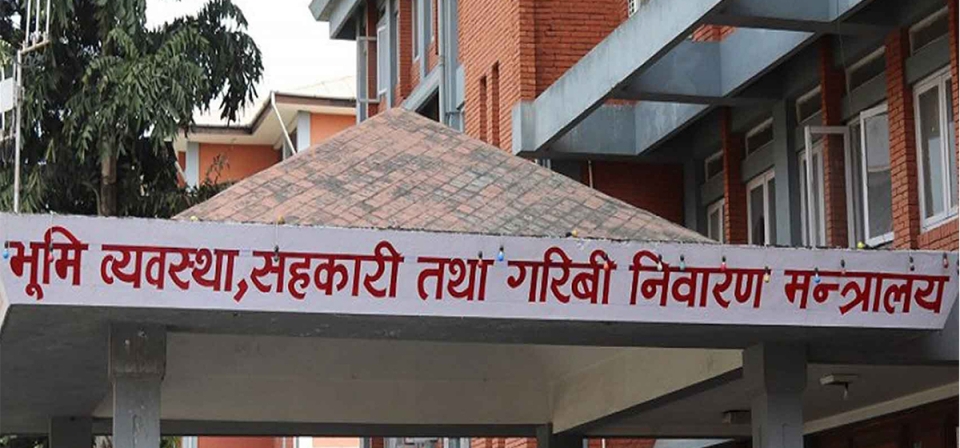
OR
SC upholds Pashupati Mahasnan Pota Guthi land as non-transferable Raj Guthi land
Published On: March 27, 2024 08:30 AM NPT By: Bhasa Sharma

KATHMANDU, March 27: The Supreme Court (SC) has explained that the land belonging to the Pashupati Mahasnan Pota Guthi land cannot be made Raitani Nambari land. “The SC upheld the decision made by Guthi Sansthan in 2070 BS that the land of Pashupati Mahasnan Pota Guthi should remain in the name of registered persons so that the ownership rights cannot be transferred to others.
The full text of the judgment passed by the full bench of Judges Kumar Regmi, Hari Prasad Phuyal, Manoj Kumar Sharma, Kumar Chudal, and Til Prasad Shrestha on April 30, 2023, was made public recently.
About 76 individuals, including Renuka Oli, a resident of Kathmandu Metropolitan City-4, had filed a writ petition at the SC. The court dismissed their writ petition. Although the writ was dismissed, the SC explained about the land of Guthi Sansthan.
A lawsuit was filed demanding the annulment of the decision of the Guthi Sansthan to withhold the land for which tiro (a kind of tax) equivalent to the required land revenue had been paid, arguing that property tax should be paid, thus preventing the transfer of ownership of that land. The writ petition sought the annulment of work conducted on Raitani land (Guthi land registered in the name of an individual) that doesn’t fall under Guthi jurisdiction, citing violations of the Guthi Corporation Act.
In this writ petition, the SC issued an interim order not to implement the decision made by the Guthi Sansthan on March 4, 2014, stating that the fundamental rights mentioned in the Constitution had been violated. That interim order has now been annulled by the SC.
“There is no dispute that Pashupati Mahasnan Pota Guthi is Rajguthi (Guthis established by the people and the Guthi taken over by the government for various reasons). Rajguthi land cannot be maintained under Raitani land. In the absence of legal evidence, the land of Rajguthi cannot be said to be Raitani land based on the sole argument that the tax was paid,” said the SC. In the decision made by the then chairman of Guthi Sansthan on April 16, 1982, the SC explained that it should be considered natural to receive the tax in cash since the revenue provided by the donor has always been accepted in cash.
“In the course of recovering the property of Guthi land, while the Guthi Sansthan can take the property in cash or any form, there cannot be any change in the status, ownership, and type of Guthi land since the property was taken in cash or any kind.”
Those who have houses and those who are yet to build houses in Pashupati Mahasnan Pota Guthi areas have registered a writ petition. The writ petitioners are also the land ownership certificate holders of the Guthi Raitani numbered Land as defined by Section 2 of the Guthi Corporation Act, 2033. About 76 writ petitioners from Sukedhara, Kapan, Chabahil, Maijubhal, Kumarigal, Battisputli, Mitrapark, Jorpati, Tilganga, and other places had filed the case jointly.
The works related to land there seem to be carried out in the Guthi Sansthan. It is clear from the decision of the then chairman of Guthi Sansthan that the claimant's right to the claimed land is not ownership but under Guthi's subordinates.
“Since the land has been owned and controlled by Pashupati Mahasnan Pota Guthi after the investigation, it is not considered that the statutory and legal rights of the writ petitioners have been affected,” the SC said.
It is requested to transfer the ownership rights of the land of Pashupati Mahasnan Pota Guthi registered in the name of individuals to halt land transactions and send information immediately.
“Based on the letter issued on March 24, 2014, the action taken by the Land Revenue Office, Kathmandu, including the withholding of transactions of the land was as per the law so there is no need to do otherwise. As the petition is to be scrapped, the interim order issued by the court on March 27, 2016, and the order issued by this court on June 5, 2016, are null and void,” SC said.
You May Like This

All three elections must be held before January 21, 2018: SC
KATHMANDU, Feb 23: Exerting pressure on the political parties to expedite preparations for elections, the Supreme Court on Wednesday ruled that... Read More...

UML SC meet decides to intensify protest over amendment bill
KATHMANDU, Dec 15: The main opposition CPN-UML has said the party is ever ready to find a solution to existing... Read More...

Provide prisoners ample food, allowances: SC
KATHMANDU, Aug 11: The Supreme Court on Wednesday issued mandamus order to the government to provide ample food ration and... Read More...






Just In
- Former DoTM employee Bhatta arrested in connection with illegal license issuance case
- One killed in a fire incident in Dadeldhura
- JSP Central Executive Committee meeting being held today to discuss national convention representative election guidelines
- KMC adjust office hours, services now start at 9AM
- Five-match T20 series: first match between West Indies 'A' and Nepal starts today
- Govt yet to pay Rs 60 billion to contractors
- Nepal’s poorest district identified as Bajura, richest as Mustang
- Wind storm likely at a few places of Koshi and Sudurpaschim












Leave A Comment